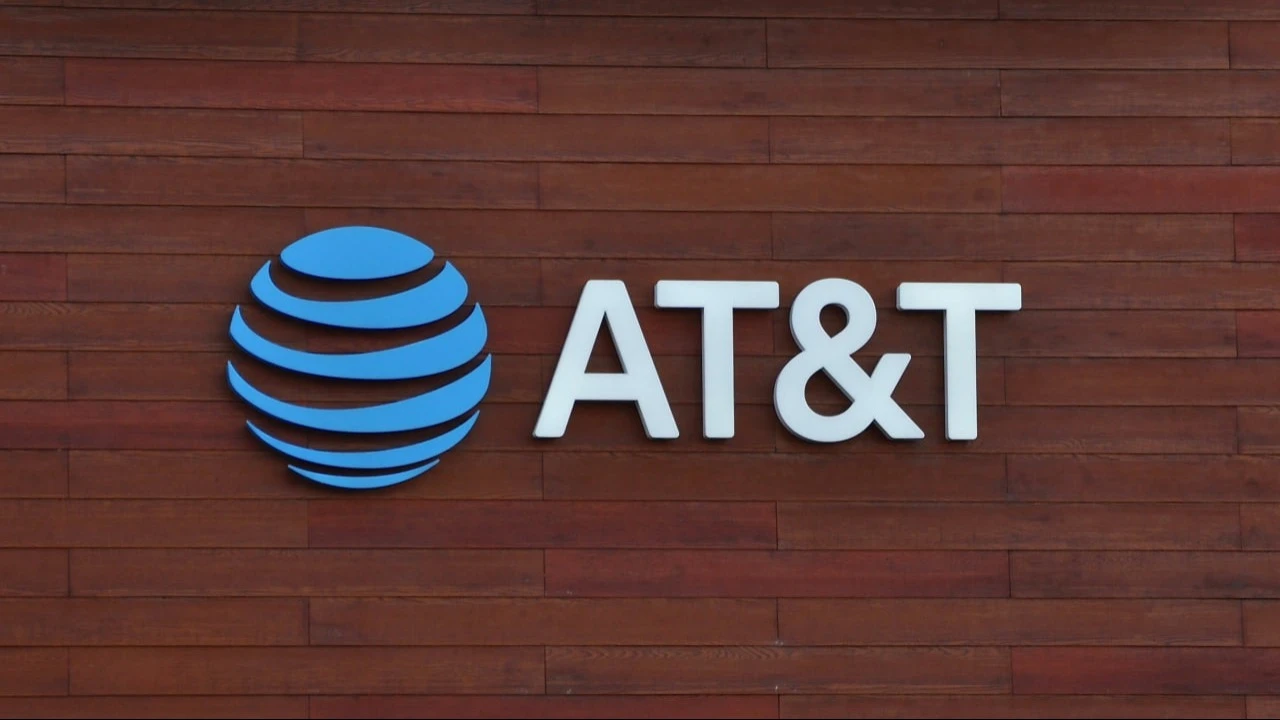Barclays has downgraded AT&T. A reason to take a cautious stance on the stock?
Whether the company's securities will continue to outperform the market is in question

Barclays analyst Kannan Venkateshwar declined to recommend buying AT&T shares and gave them a neutral rating. According to him, operational improvements of the telecom company are already factored into the quotes, while the potential for further growth will limit the pressure on margins - due to smartphone upgrades, increased competition and debt load. After the downgrade, AT&T securities lost 2.4% in trading on October 1.
Details
Analyst of Barclays Kannan Venkateshwar worsened the rating of telecommunication company AT&T from the level of "above the market", equivalent to a recommendation to buy these securities, to neutral "at the level of the market". At the same time, he kept the target price at $30. This corresponds to the growth potential of about 9% from the last closing. At the end of trading on Wednesday, October 1, quotes AT&T fell by 2.4%, at the premarket on October 2, they lost about 0.2%.
Venkateshwar warned that AT&T's margins will come under pressure, The Barron's writes. And the company's operational improvements are already largely reflected in its stock price, the analyst said. Over the past two years, AT&T's capitalization has jumped 87%, while the S&P 500 index has added 56%.
According to Barclays, it will become more difficult for AT&T to continue outperforming the market, MarketWatch clarifies.
What will hinder the company
The Barclays analyst reminded that AT&T showed strong subscriber growth in the first half of the year, and the management expects to maintain the momentum in the second half. However, the increase in the number of smartphone upgrades on the market has a dual effect: changes in the iPhone lineup and the emergence of gadgets with AI functions encourage customers to change devices more often and move between operators, but it is tipped by increased costs for promotions and discounts, which reduces margins, writes MarketWatch."If carriers continue their current strategy of buying contracts from customers on other networks while the pace of [smartphone] upgrades accelerates, the strain on their finances could become significant," Venkateshwar explains.
Barclays estimates that in 2025 AT&T will be able to show comparable net customer growth to 2020, but it will have to attract 25% more new connections, which will put pressure on profitability. An additional risk is increased competition from cable companies, which are more actively developing wireless services.
The debt load remains: despite the reduction of liabilities after the deal with Time Warner, AT&T is again increasing debt due to the purchase of a license to use radio frequencies from EchoStar for $23 billion. This limits the growth potential of the stock and makes it a priority to further reduce debt, the analyst predicts.
"The only factor that may partially offset the pressure remains the development of the fixed wireless access (FWA) segment, but this is unlikely to scale quickly enough," Barclays said in a note.
What investors need to know about AT&T stock
After a series of failed loan-financed media deals that disappointed AT&T's investors, the company has undergone a transformation that has been welcomed by the market, MarketWatch writes. In recent years, the carrier has re-focused its business on telecommunications. That reversal has bolstered Wall Street's confidence: AT&T shares are now trading at the biggest premium to rival telecom company Verizon's stock in nearly 20 years, notes Investing.com.
AT&T's momentum remains ahead in 2025 thanks to its growing customer base, CNBC specifies. According to MarketWatch, 17 out of 30 analysts tracking the company's securities recommend buying them. 12 advise holding, and only one advises selling. The consensus target price is $30.4 per share, up about 10.6% from current levels.
This article was AI-translated and verified by a human editor
